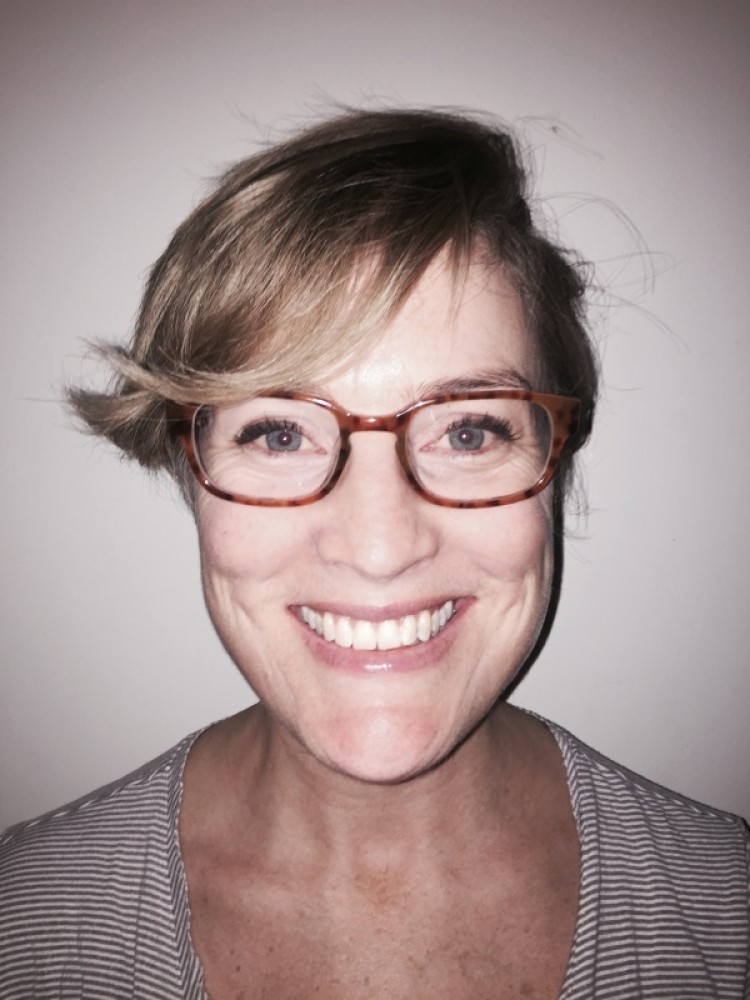As a clinical psychology Masters student and the daughter of a baby boomer, Joanna Macfarlane was keen to find out more about mental health help-seeking behaviour in Kiwis aged 49 to 69 years.
Joanna decided to research four increasingly common disorders in older age: depression, anxiety, dementia and addiction. More than 200 baby boomers filled in a questionnaire that measured their attitudes and intentions towards seeking help.
"Baby boomers are going to be the biggest demographic group in New Zealand," Joanna says. "Yet we know very little about their attitudes and intentions towards mental health."
Of the four disorders, survey respondents were less likely to seek help for memory-related issues and anxiety. This is interesting given new dementia diagnoses will increase as older boomers age.
Living life to the max
One survey participant is 52-year-old Heather Halberg.
“I come from a family of strong, self-reliant and resilient women, who tend to help others rather than seek help themselves,” Heather says.
Being part of the research study made Heather consider her own wellbeing. “I’m more likely to consider reaching out if I feel like things are getting too much now,” she says.
"Baby boomers are going to be the biggest demographic group in New Zealand," Joanna says. "Yet we know very little about their attitudes and intentions towards mental health."
Of the four disorders, survey respondents were less likely to seek help for memory-related issues and anxiety. This is interesting given new dementia diagnoses will increase as older boomers age.
Living life to the max
One survey participant is 52-year-old Heather Halberg.
“I come from a family of strong, self-reliant and resilient women, who tend to help others rather than seek help themselves,” Heather says.
Being part of the research study made Heather consider her own wellbeing. “I’m more likely to consider reaching out if I feel like things are getting too much now,” she says.

Heather looks after her wellbeing by reading and writing, watching movies and TV, walking and swimming, as well as maintaining and growing friendships. She also loves planning excursions and small holidays for her family.
Her role model is her mother, who at 79 is still independent and outgoing. “I strive to be like her; she is enjoying life to the max and I hope I can be just as happy in my older years.”
Prevention in the present, planning for the future
Joanna believes that New Zealand is not equipped to deal with what could be large numbers of people experiencing mental distress in this age group.
"We haven’t thought hard enough about how baby boomers will affect mental health services,” she says. “As a generation they are going to change everything about how old age is done. So, if they are keen on prevention, we should be tapping into that now to reduce the number of people who develop mental health disorders in the future.”
The good news is that Joanna’s research highlights that as a generation this group are more open to talking about mental health, and therefore more likely to seek help for prevention.
“Having a generally positive attitude towards seeking both preventive and professional help is promising news,” she says. “I think this, and knowing that boomers are keen on exercise and online resources, is really powerful information to develop preventative measures for older populations.
“The key is to knowing exactly how to engage with baby boomers to encourage mental health help-seeking now and in the future.”
Her role model is her mother, who at 79 is still independent and outgoing. “I strive to be like her; she is enjoying life to the max and I hope I can be just as happy in my older years.”
Prevention in the present, planning for the future
Joanna believes that New Zealand is not equipped to deal with what could be large numbers of people experiencing mental distress in this age group.
"We haven’t thought hard enough about how baby boomers will affect mental health services,” she says. “As a generation they are going to change everything about how old age is done. So, if they are keen on prevention, we should be tapping into that now to reduce the number of people who develop mental health disorders in the future.”
The good news is that Joanna’s research highlights that as a generation this group are more open to talking about mental health, and therefore more likely to seek help for prevention.
“Having a generally positive attitude towards seeking both preventive and professional help is promising news,” she says. “I think this, and knowing that boomers are keen on exercise and online resources, is really powerful information to develop preventative measures for older populations.
“The key is to knowing exactly how to engage with baby boomers to encourage mental health help-seeking now and in the future.”
